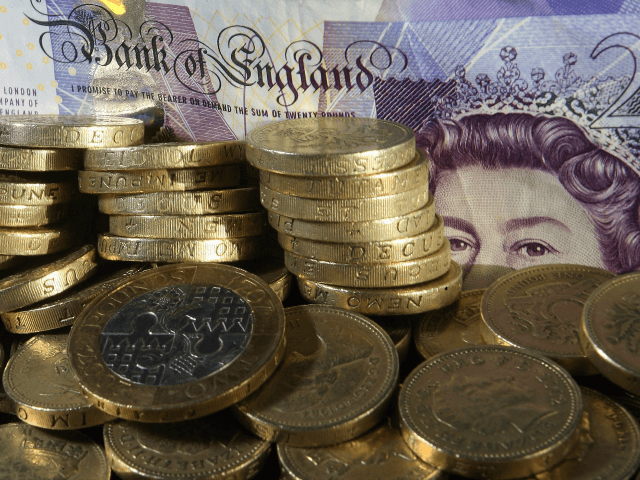LONDON (Reuters) – Bumper British retail sales and strong public finance numbers were unable to boost sterling on Friday, amid investors’ worries that an ongoing summit between British and European Union leaders might not be able to prevent a British exit from the EU.
Returning to the two-day Brussels summit on Friday morning, British Prime Minister David Cameron said he was still working on a deal with European partners on keeping Britain in Europe, adding he would stand his ground to defend British interests.
Talks between Cameron and other leaders carried on late into Thursday night, with many EU partners determined to limit concessions to keep Britain in the 28-nation bloc.
Official data released on Friday showed Britain recorded the largest public finances surplus for any January since 2008, while retail sales growth surged at a much faster rate than expected.
The numbers gave a temporary boost to sterling, which hit a day’s high of $1.4358, but any optimism quickly evaporated and it was trading down 0.2 percent on the day at $1.4312 by 1010 GMT. For the week, it was down 1.3 percent against the dollar, its weakest performance since early January.
“Risk appetite is still very fragile, and it’s not clear that the meetings in Brussels will be conclusive — there is a lot of pushback rhetoric coming from a number of EU countries resisting some of the more lenient concessions,” said BMO Capital Markets currency strategist Stephen Gallo.
“Even if (Cameron) comes back with a deal … as long as the polls remain tight, sterling is not going to be able to rally very much.”
Against the euro, sterling was flat at 77.47 pence.
Sterling has fallen over 6 percent on a trade-weighted basis since mid-December. Worries that voters might reject whatever deal Cameron manages to secure have weighed on the currency.
A huge push-back of expectations over when the Bank of England will raise interest rates and risk aversion across global markets have also knocked the pound.
Cameron plans a referendum as early as June 23 on the results of his negotiations in Brussels.
“Should no agreement be reached today, the market is likely to react with disappointment,” wrote strategists from German bank Commerzbank in a note to clients.
“That would make it more likely that the heads of government and state would only be able to agree on a watered-down version of the reforms demanded at the next summit. And that would probably not suffice to convince British voters to stay in the EU.”
“However, for the time being it is still possible that an agreement can be reached at the current summit — and as a result signals from Brussels are likely to dominate the exchange rates today.”
(By Jemima Kelly; Editing by Katharine Houreld)

COMMENTS
Please let us know if you're having issues with commenting.